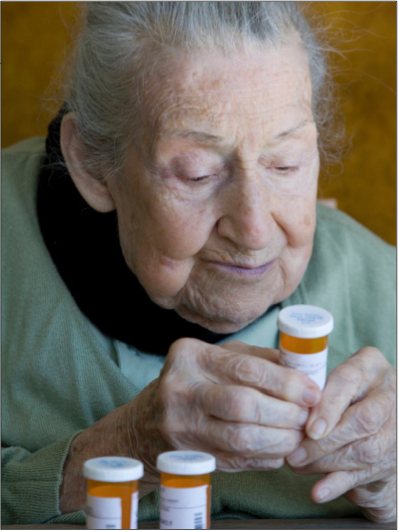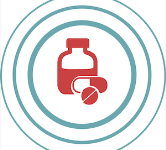Drug therapy and older adults
£9.95 GBP, 2 hours
£9.95 GBP, 2 hours
ABSTRACT
Older adults consume proportionately more drugs than any other demographic world-wide. The aging process introduces considerable variation in both the way drugs act in the body (pharmacodynamics) and in the way the body processes drugs (pharmacokinetics). Comparatively little is known about drug action and processing in the older adult because of a lack of inclusion of this group in clinical trials.
Older adults are also more frequently diagnosed with long-term conditions requiring drug therapy. Multiple diagnoses with separate specialist care referrals can lead to an individual having numerous prescribers and complex medication regimes. It is common to encounter older adults being treated for more than one medical condition, with separate (and sometimes competing) clinical management guidelines.
Most regulatory agencies define older adults as those over the age of 65 years, but this group encompasses the fit and healthy, frail and compromised, and the very elderly old, all of whom present with differing developmental issues. Physical and sensory impairments, cognitive decline, and economic or social deprivation may all contribute to lack of concordance with complex prescribed regimes.
After reading this article and completing the accompanying online learning activity and quiz, you should be able to:
- Describe alterations in the pharmacokinetics and pharmacodynamics of drugs that commonly occur with ageing.
- Discuss the risks associated with polypharmacy and strategies that may help to reduce these.
- Demonstrate an understanding of the prescribing cascade, and medications commonly implicated in adverse effects for the older adult population.
- Describe strategies that can be implemented in partnership with older adults to manage medication burden.






